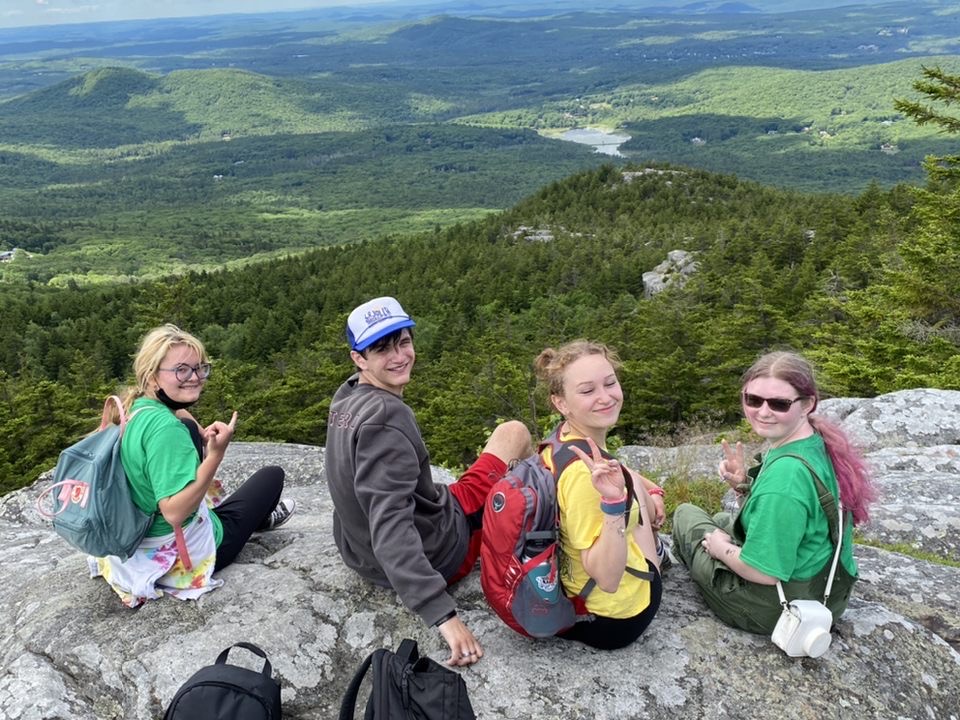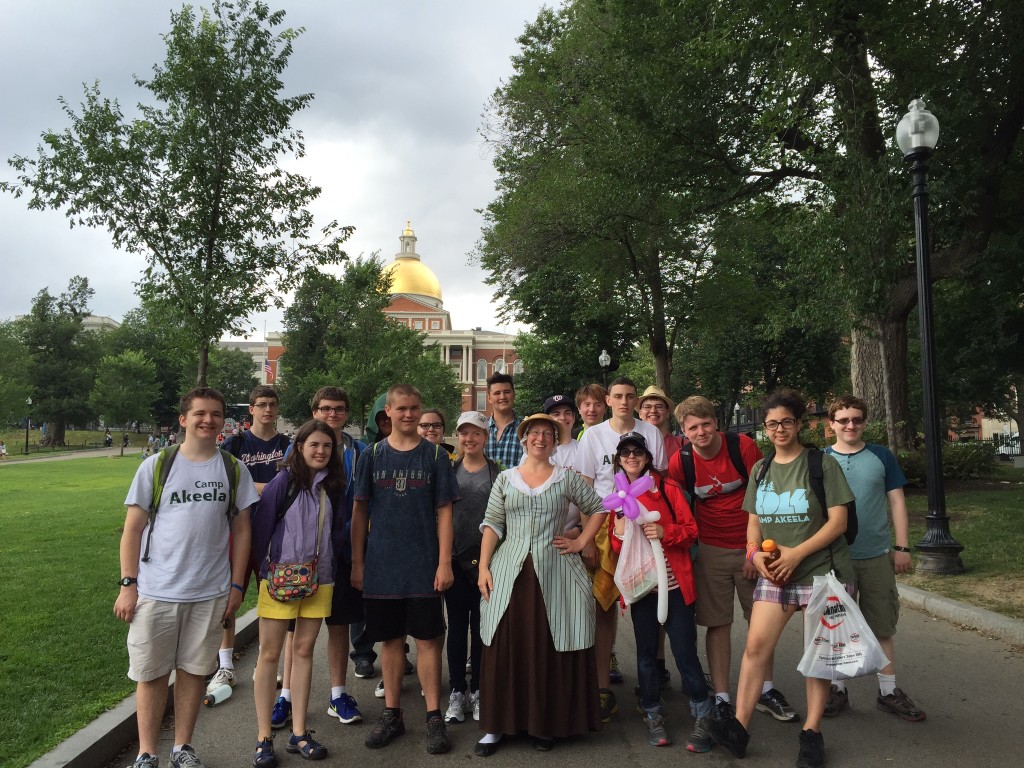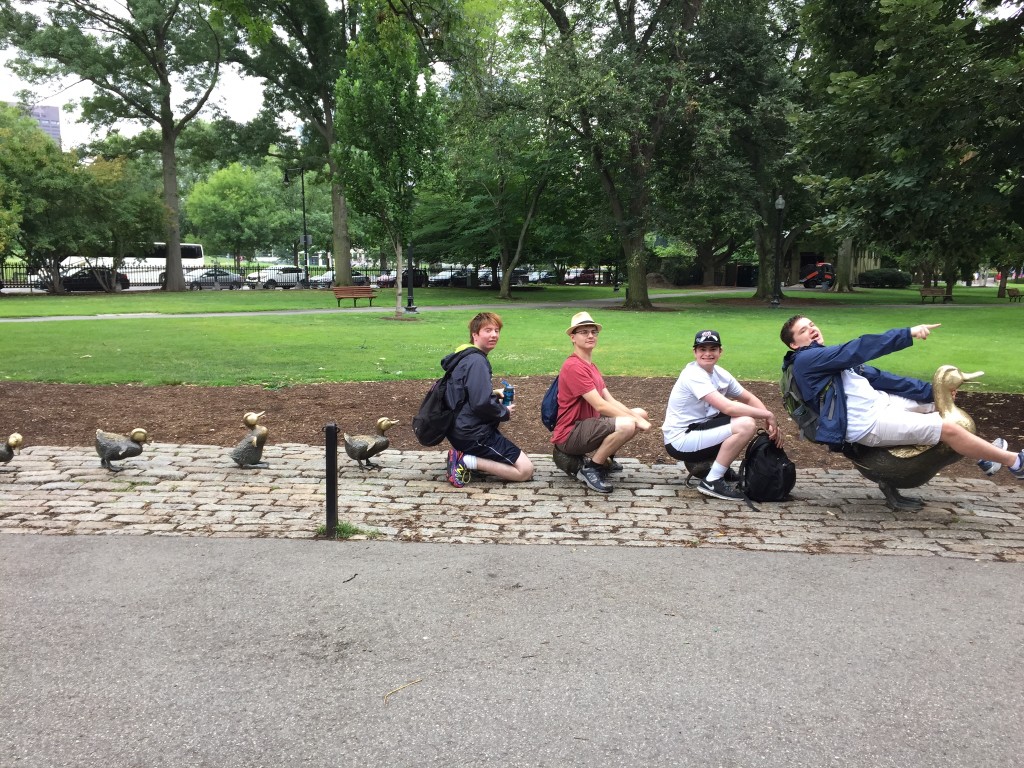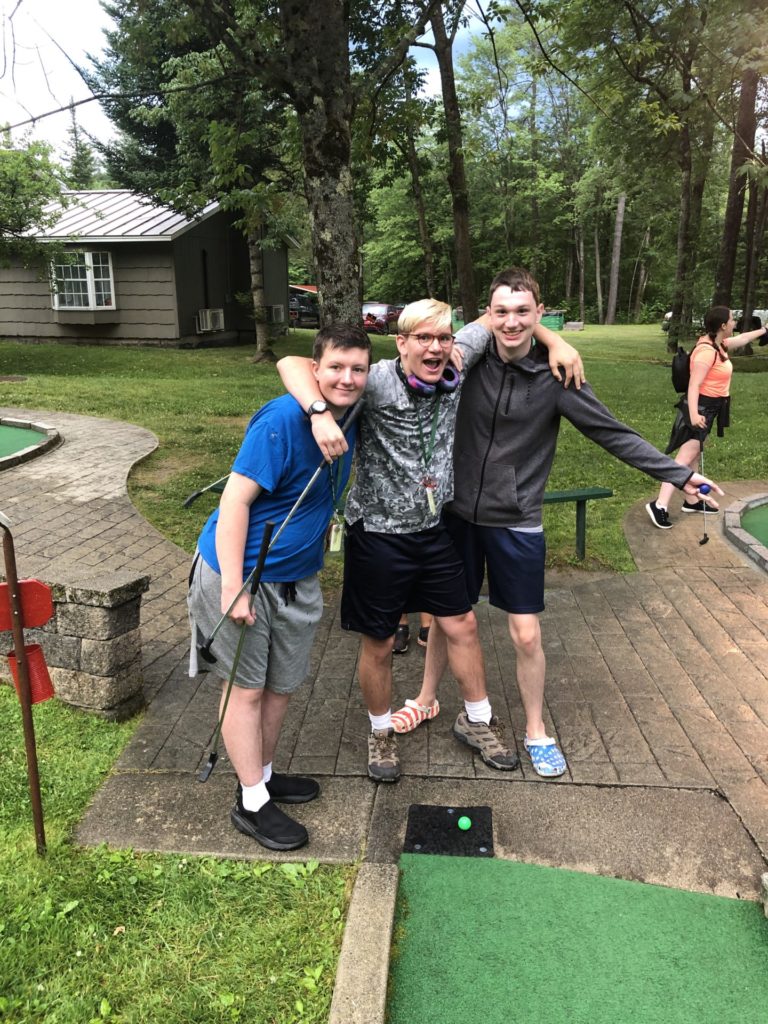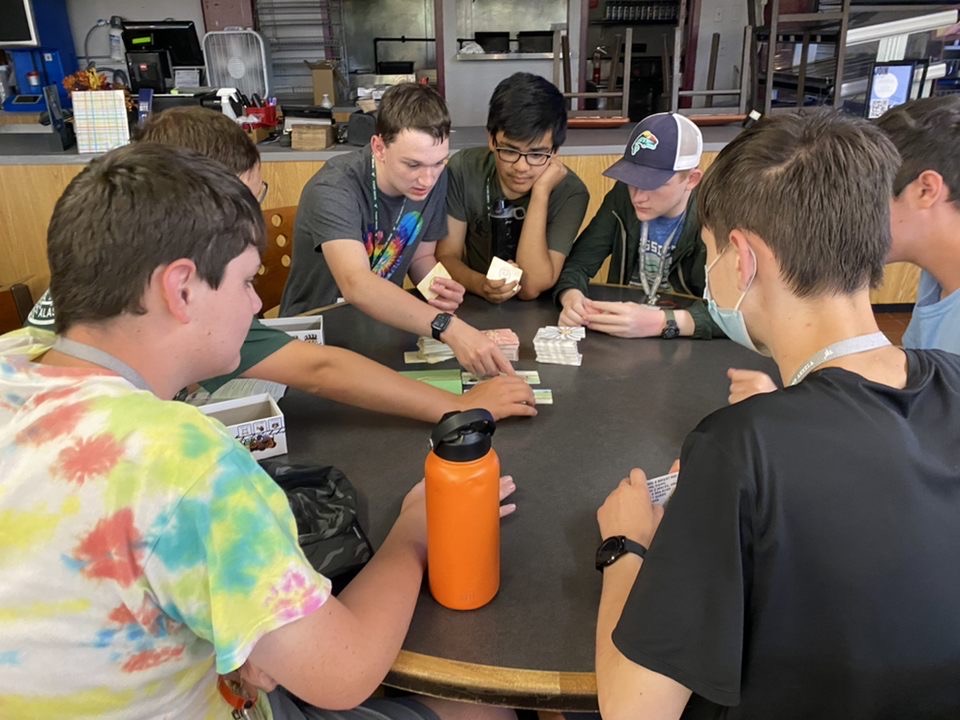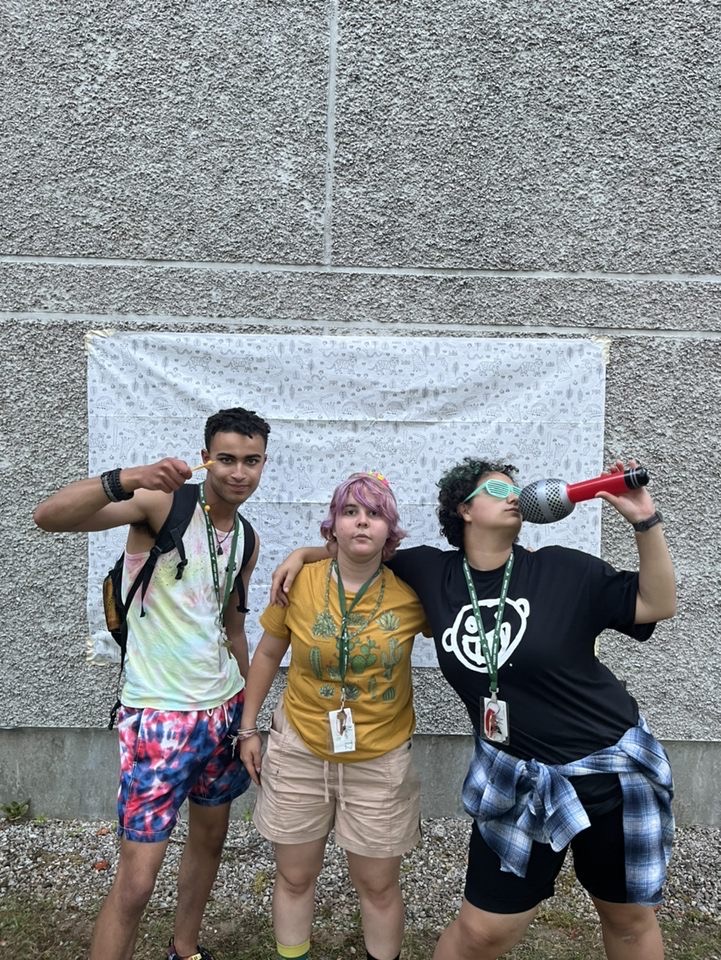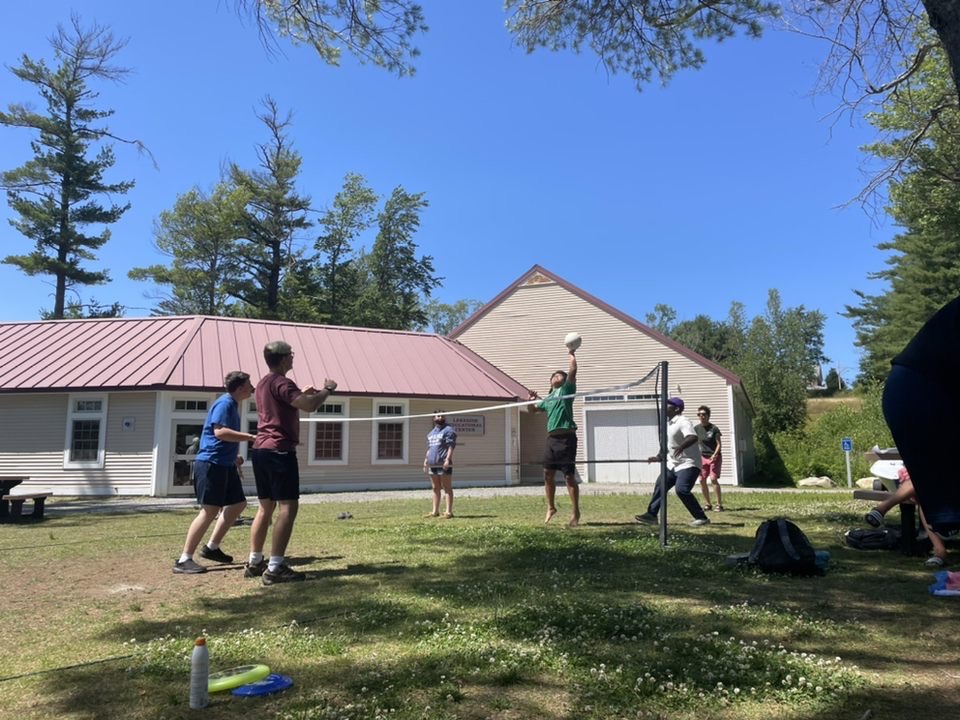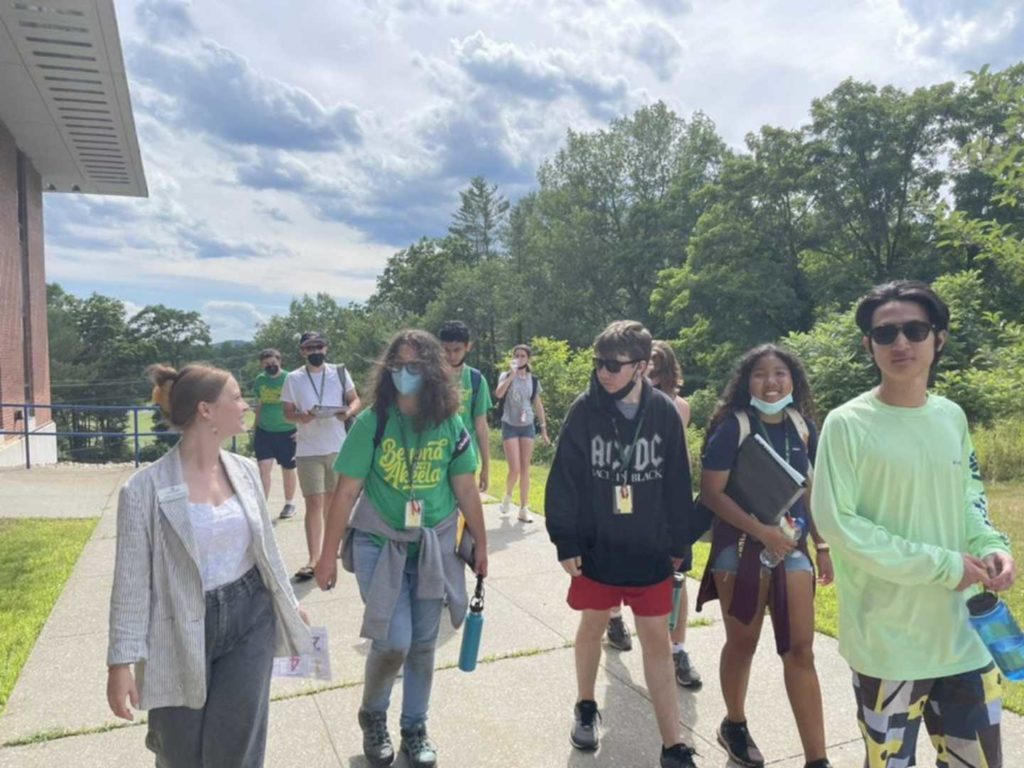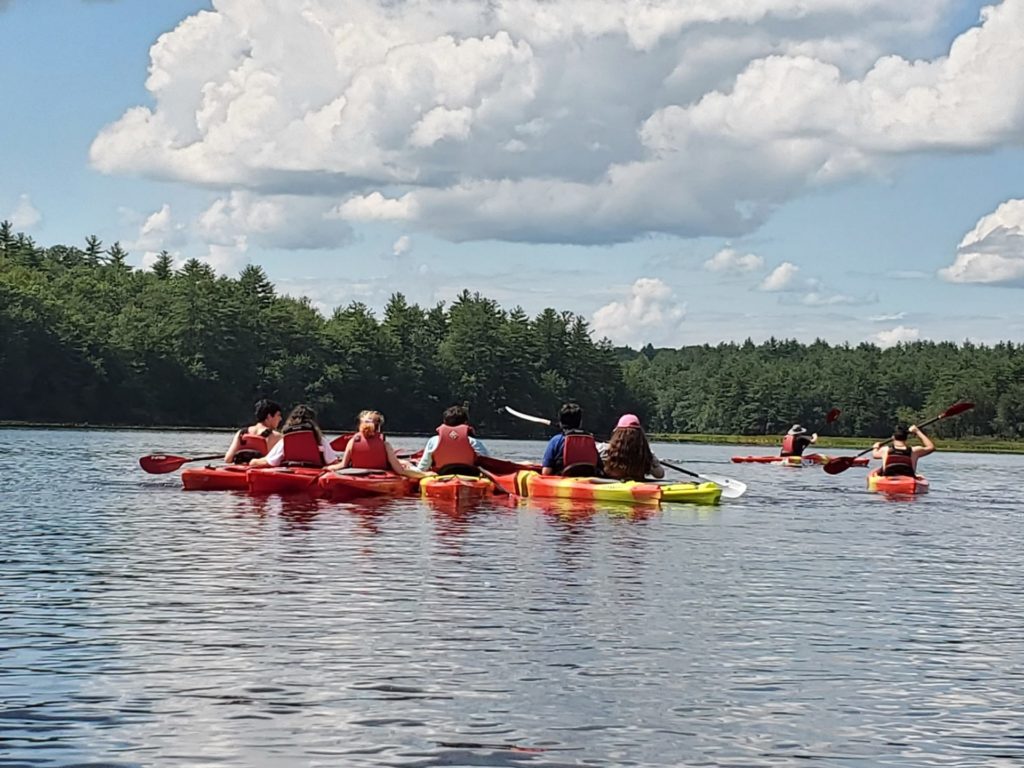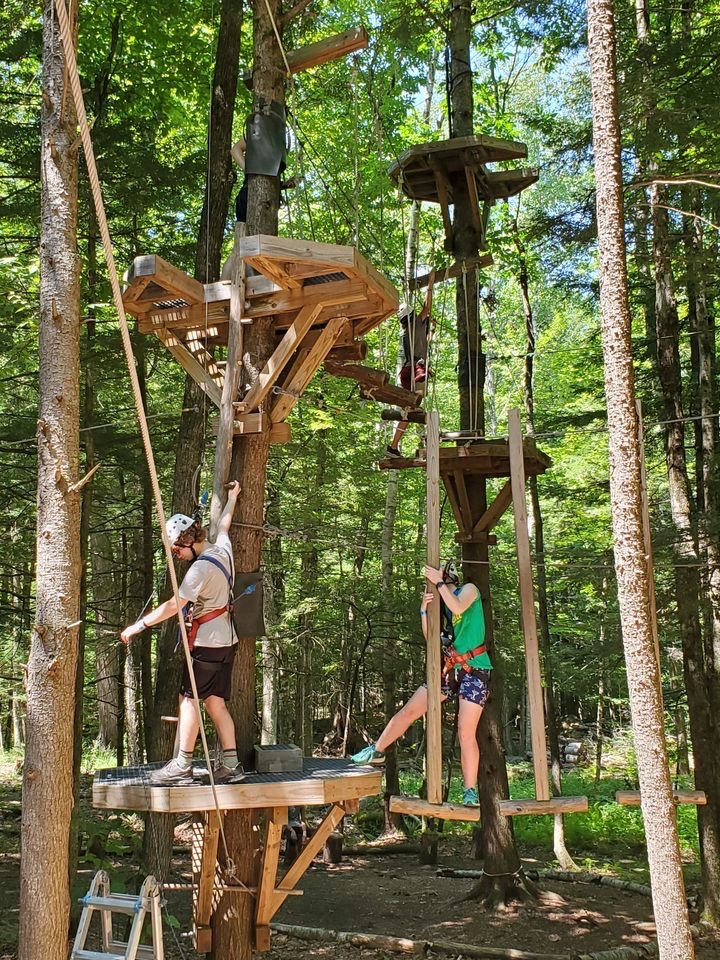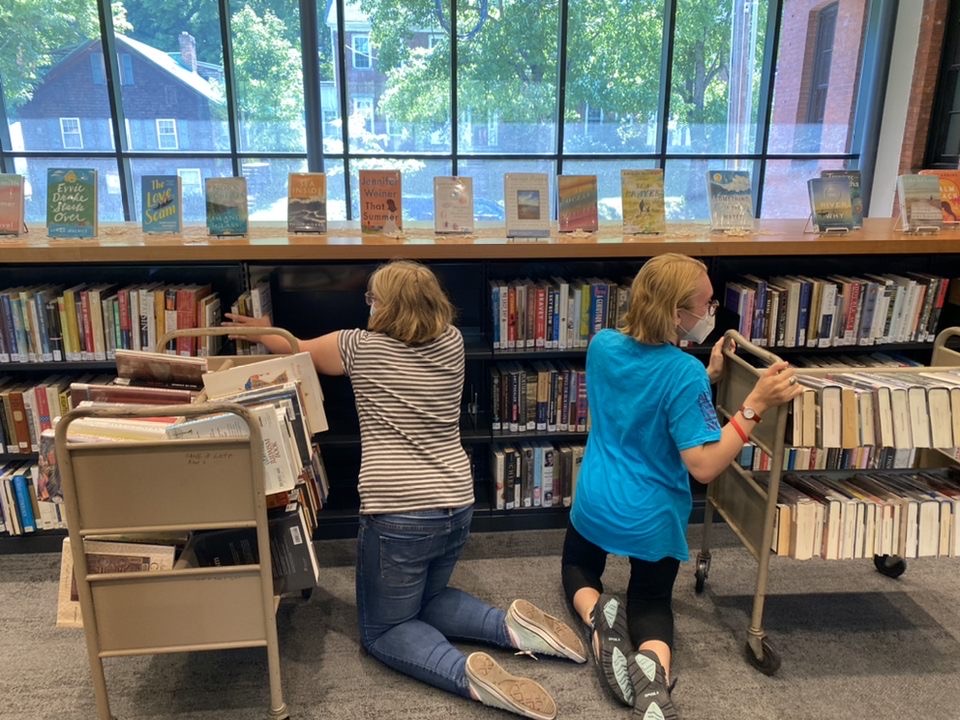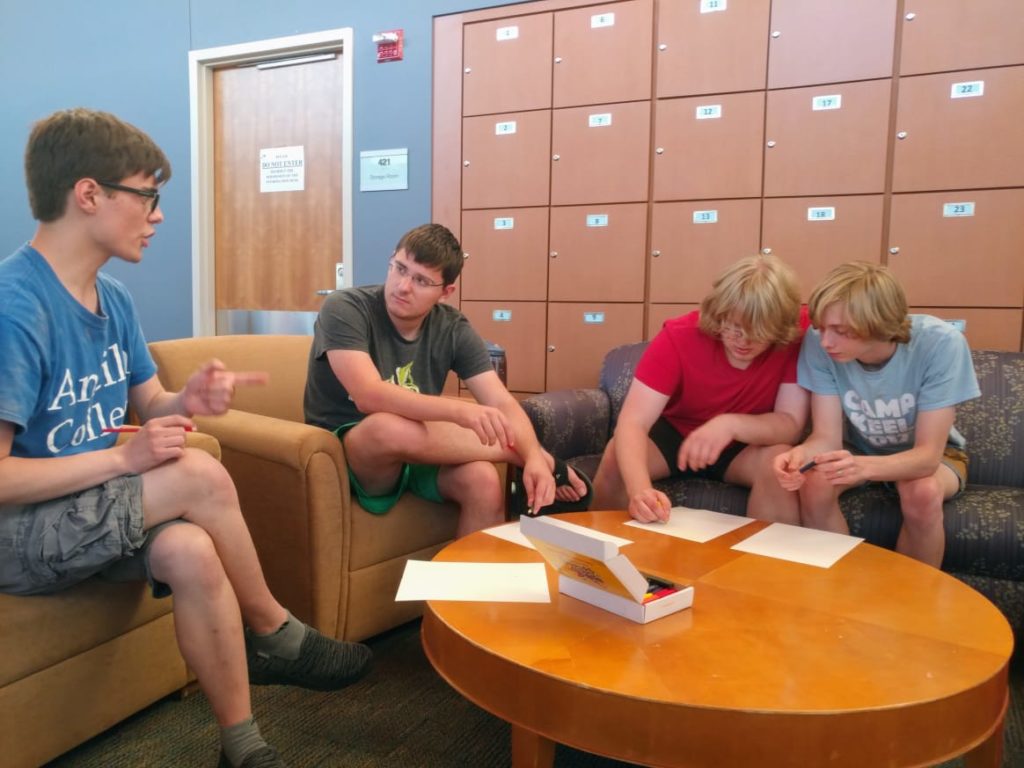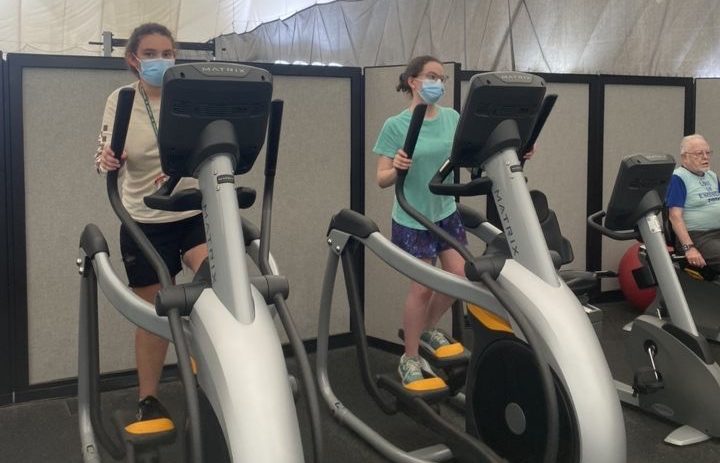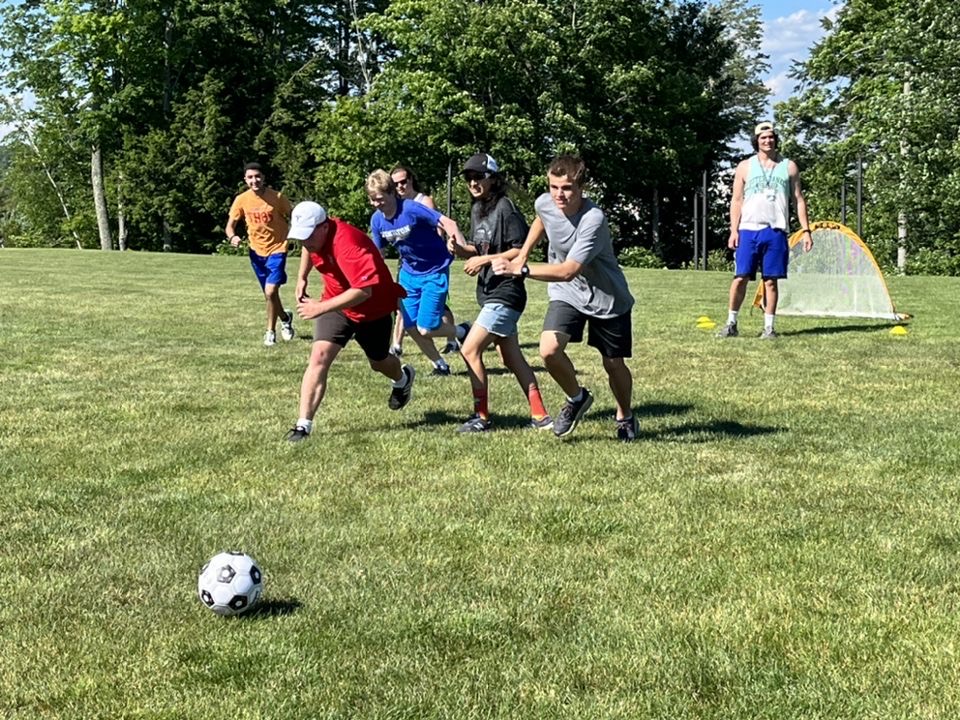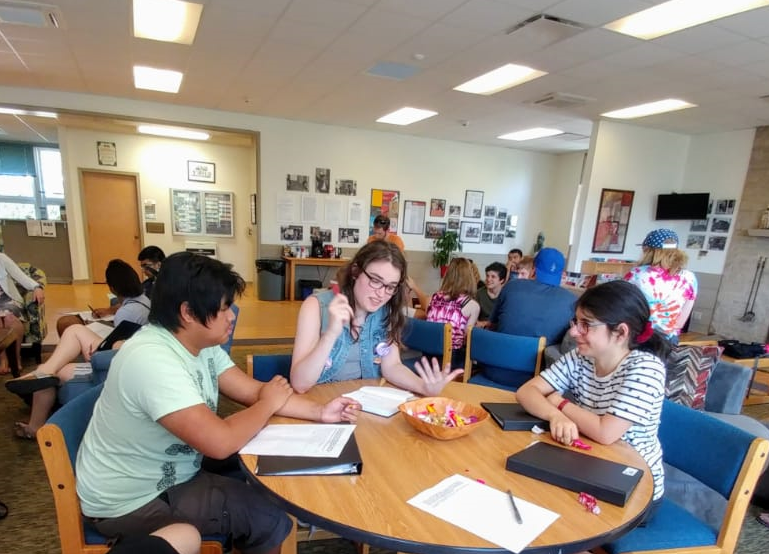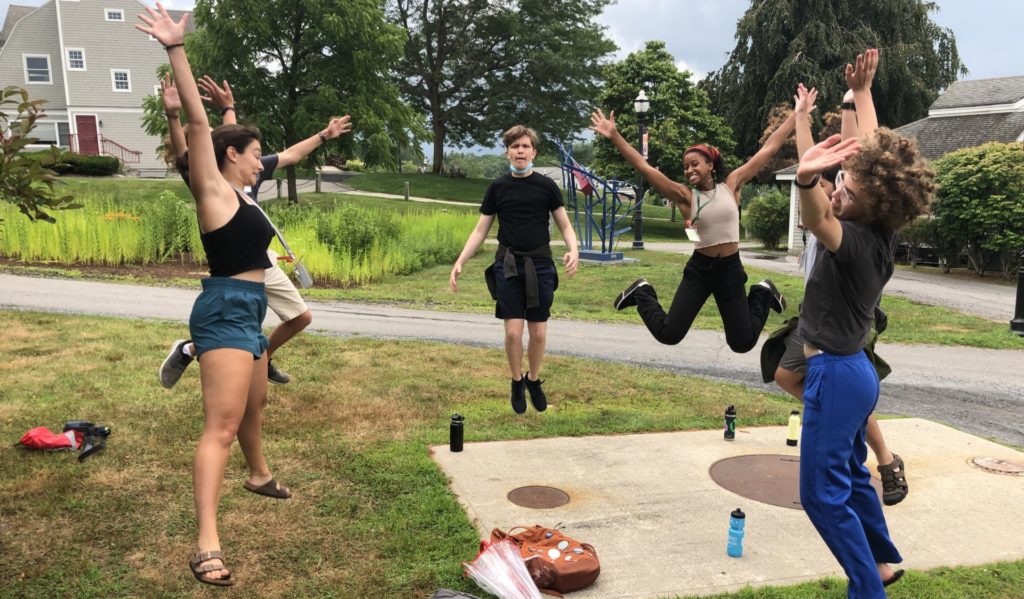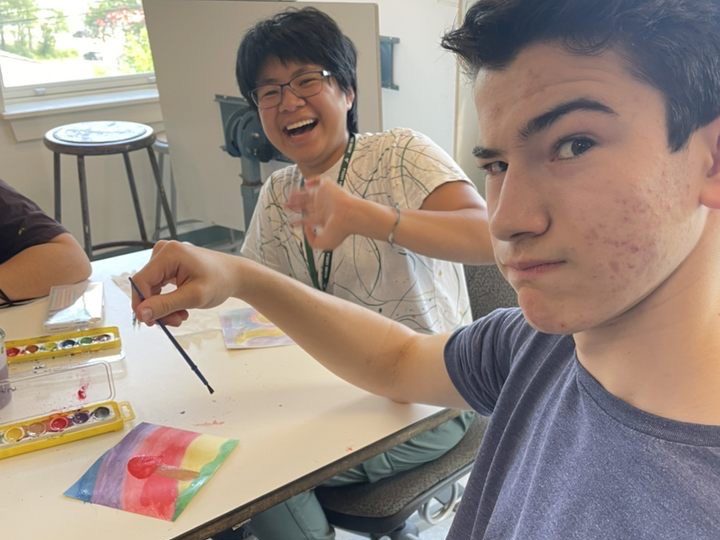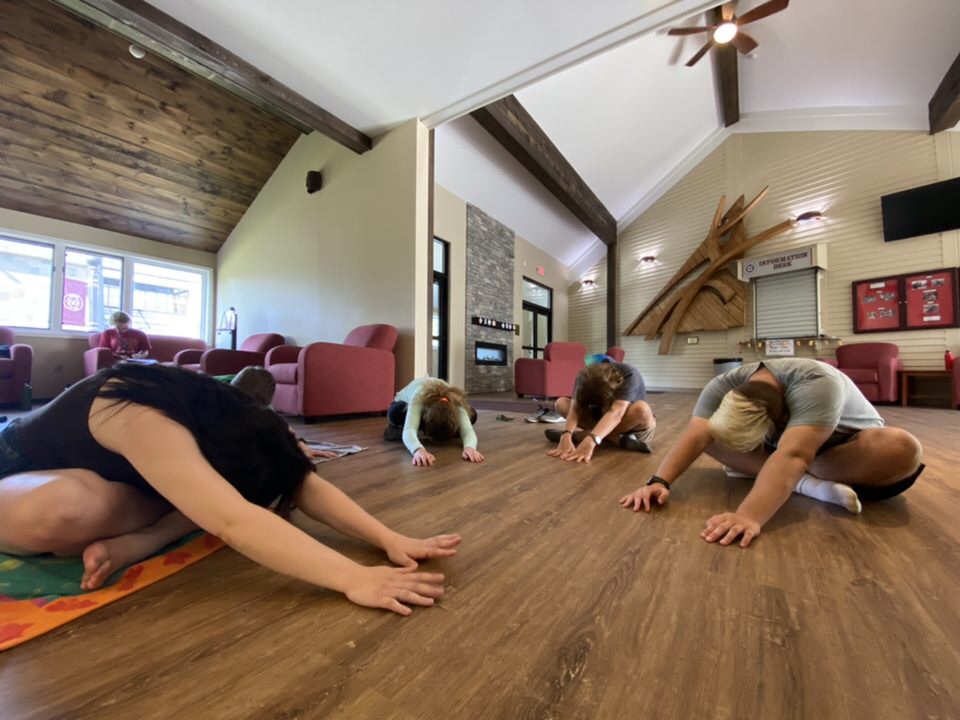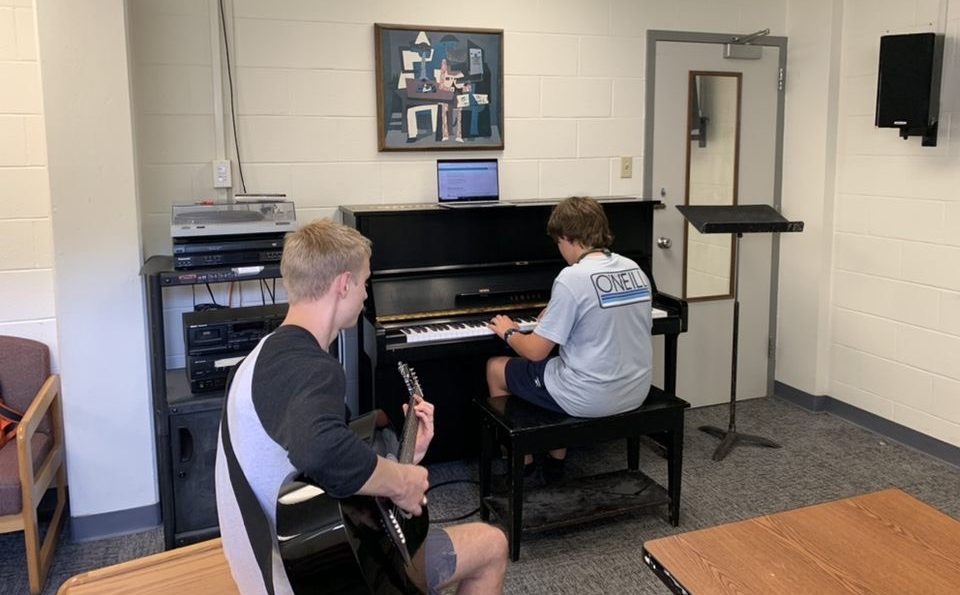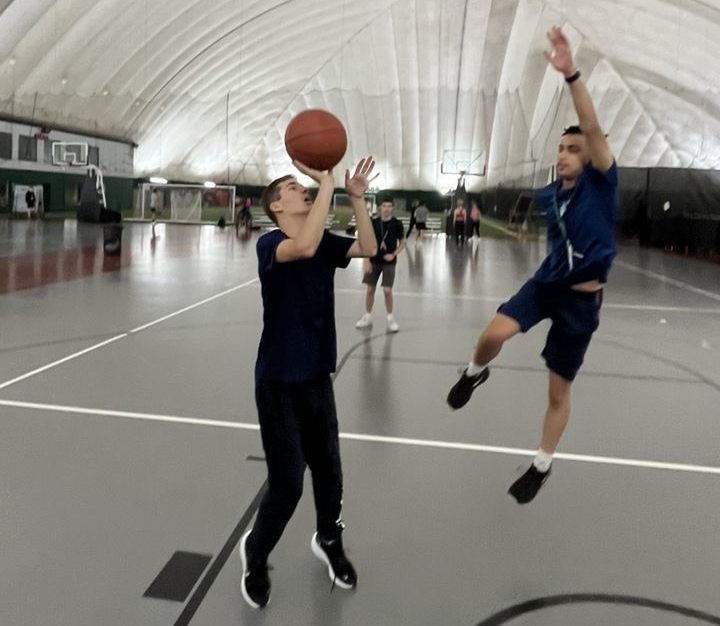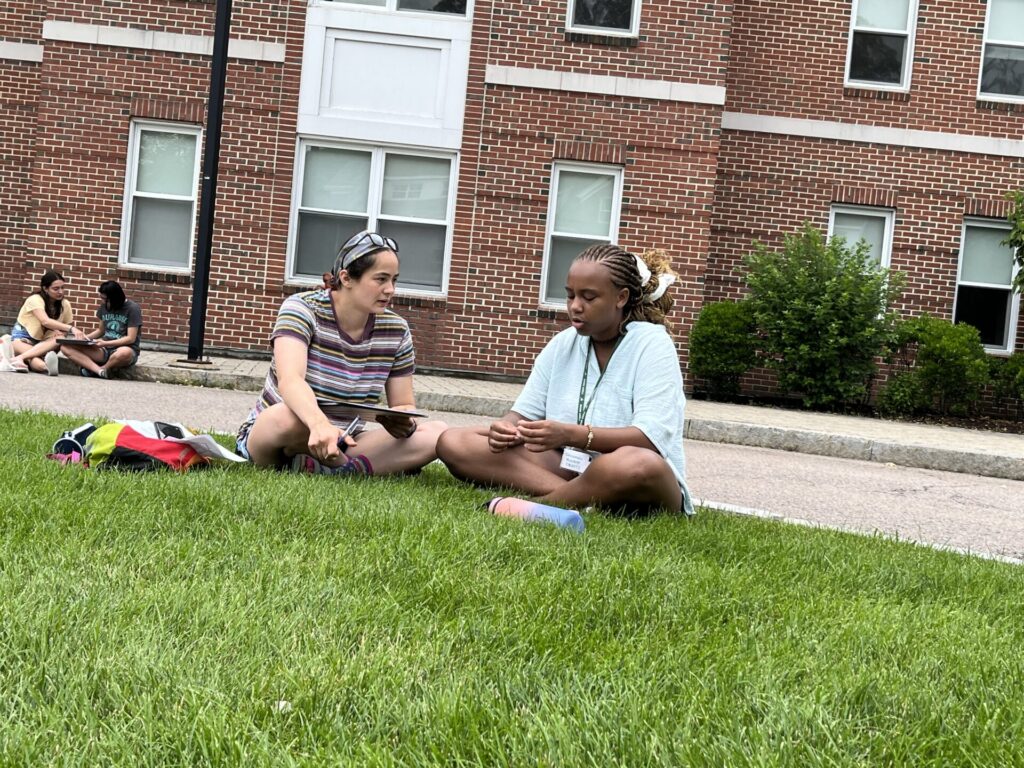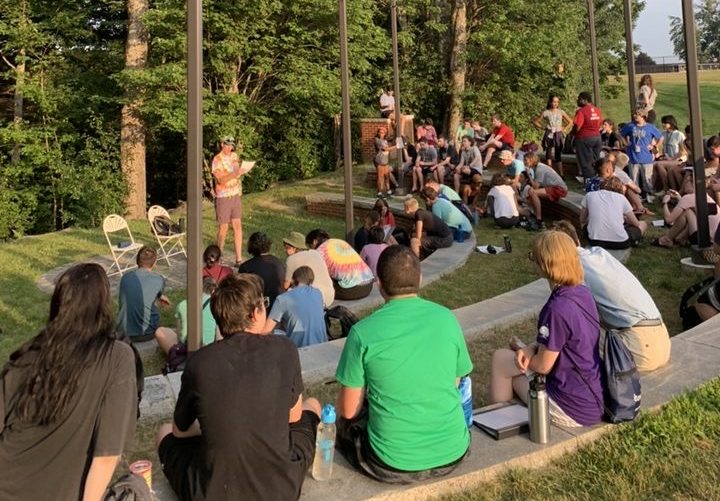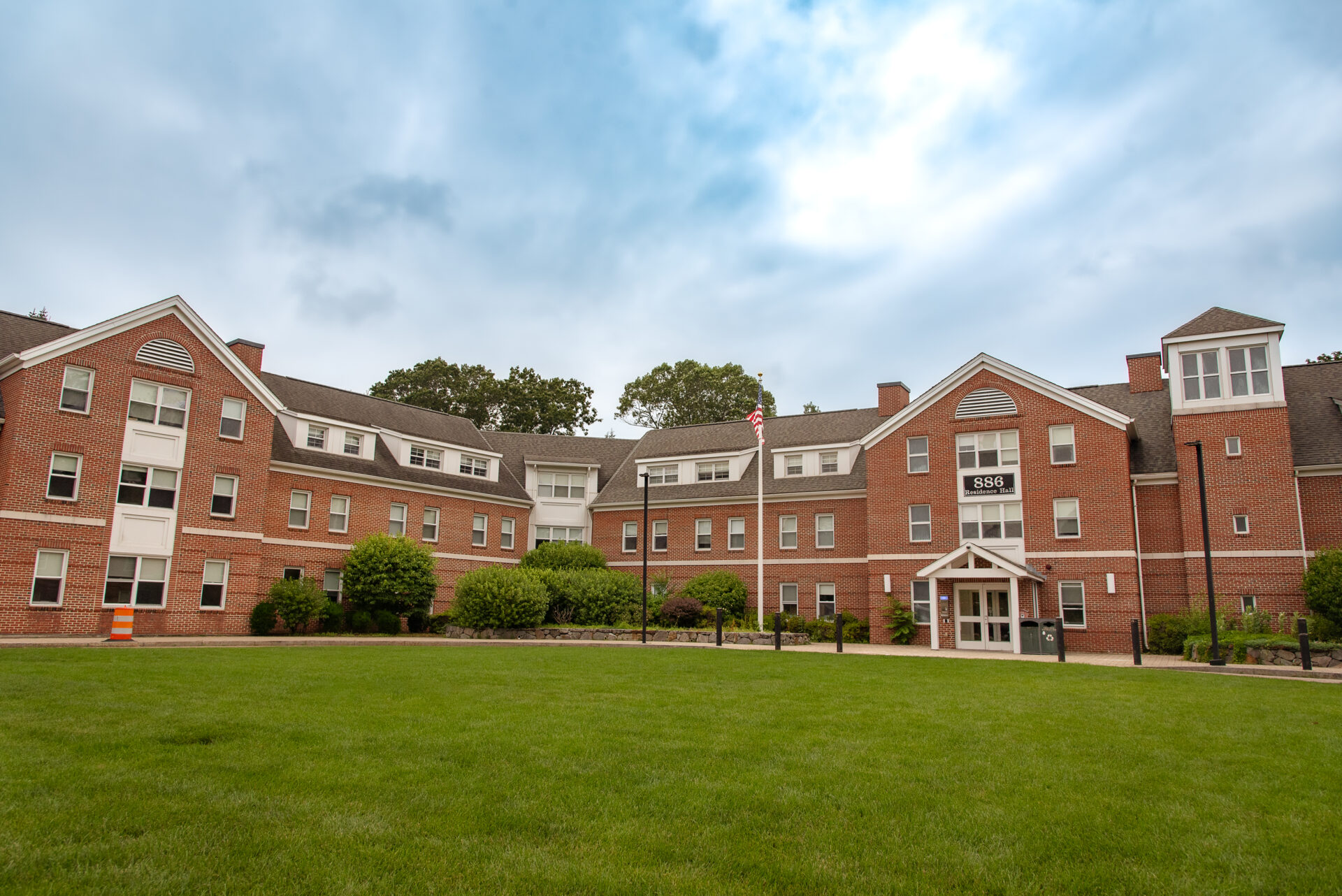
We are proud to offer college visit opportunities at Beyond Akeela for our teens. These visits provide chances to develop a better understanding of different learning environments, from large public universities to smaller private colleges known for their comprehensive learning support.
For neurodivergent teens with Autism Spectrum Disorder (ASD), finding the right college environment can lead to a more successful transition. Campus visits are a critical part of finding the right fit. They offer first-hand opportunities to assess the culture, community, and support services available at the school. As families begin embarking on college visits this spring, we are sharing some ideas for making the most of each visit. Here are actionable steps families can take during upcoming college visits to help assess fit for their neurodivergent teen.
1. Schedule Ahead and Prepare Questions
Contacting the admissions office to schedule an interview helps families make the most of their time on campus. The admissions office can make recommendations for visiting times given questions or concerns each family may have. For example, they may suggest a time with a smaller group for teens who prefer small gatherings.
Leading up to the visit, having written questions for the admissions team is helpful and can make for a more engaging tour. Consider which questions you are comfortable asking in a group setting during the visit, and which questions you want to ask individually. Aside from the information session and tour, it is helpful to interact with other faculty and staff members from other departments. Identify which questions are most appropriate for each department you plan to visit, and if there are any questions you’d like to ask to multiple individuals.
Having a set plan ensures you won’t forget your questions on the day of the visit!
2. Evaluate the Support Services on Campus
The process of asking for and receiving accommodations in a college environment differs from high school. Campus visits are the best way to learn more specifics about how accommodations are managed at a specific college. We recommend scheduling a meeting with the office that oversees accommodations & support services during your visit. During this meeting, you can:
- Learn about the accommodations they provide, such as extended test time, note-taking services, or assistive technology.
- Ask about how easy it is to access these services and the process for requesting accommodations.
- Inquire about specialized support programs on campus, if available. While services and accompanying fees vary by program, they often include peer and/or staff mentoring, social groups, and independent living support.
Pay attention to how welcoming and knowledgeable the staff is. A supportive disability services team can significantly impact your college experience.
3. Explore Housing Options
Dorm life can be a significant part of the college experience. Ask about housing arrangements, such as:
- Single-room options, substance free dorms, or quieter dorm buildings.
- Policies on room changes if the initial setup isn’t working for you.
- Access to shared kitchens or quiet study areas within the dorms.
- Most tours will include a tour of one or two dormitory buildings. It may be helpful to go to the residential life office to ask the above questions about housing options on campus.
4. Attend a Class or Lecture
If the college allows, sit in on a class or lecture in your area of interest. This will help you:
- Observe teaching styles to see if they align with how you learn best.
Gauge the classroom environment—is it collaborative, structured, or more informal? - Pay attention to whether the atmosphere feels comfortable for your learning style. This is something to ask the admissions office when setting up the visit.
5. Look for Social Opportunities and Support Networks
Social connections in college can enhance your experience at a school. While there are lots of opportunities to meet new people who share your interests, students often have to take initiative to take advantage of those opportunities. During your visit, check out:
- Clubs or organizations that align with your interests.
- Social groups or events specifically for neurodivergent students.
- Peer mentoring programs or student-led advocacy groups.
Much of the information above can usually be found in the office of student life or the office of a specialized support program on campus. If possible, ask current students about their experiences and whether they feel supported in forming friendships and navigating social life.
6. Take Notes and Photos
Especially when visiting multiple campuses over the course of a week or weekend, taking photos during the tours and jotting down notes after will help your family remember important details of each campus. If it’s helpful to take notes while touring, think about how your family plans to do so, and assign one person to be responsible for note taking on the go.
7. Trust Your Instincts
Finally, take time to reflect on how you feel during and after the visit. Ask yourself:
- Do I feel comfortable navigating this campus?
- Did the staff and students seem understanding and supportive?
- Can I envision myself thriving here?
While no college is perfect, the right one will offer the resources and environment you need to succeed academically, socially, and emotionally.
Final Thoughts
College visits are an essential step for neurodivergent teens with ASD to determine whether a school is a good fit. By focusing on support services, housing options, social opportunities, and meeting students, faculty, and staff from different departments, you can gather valuable insights into how well a college aligns with your needs. Trust your instincts and prioritize your comfort and support—your ideal college experience is out there!



